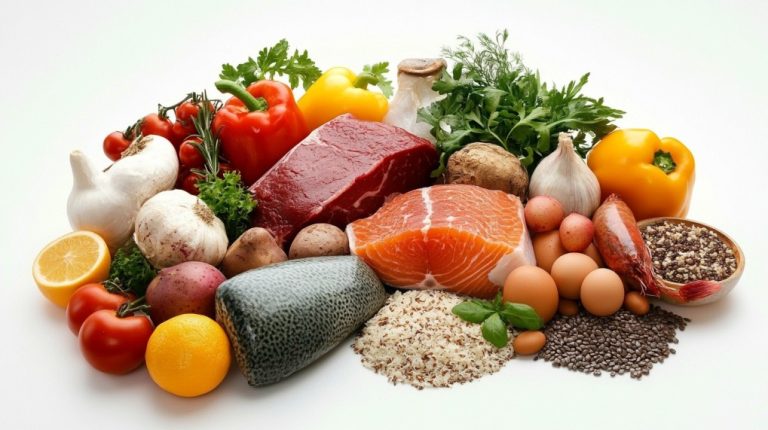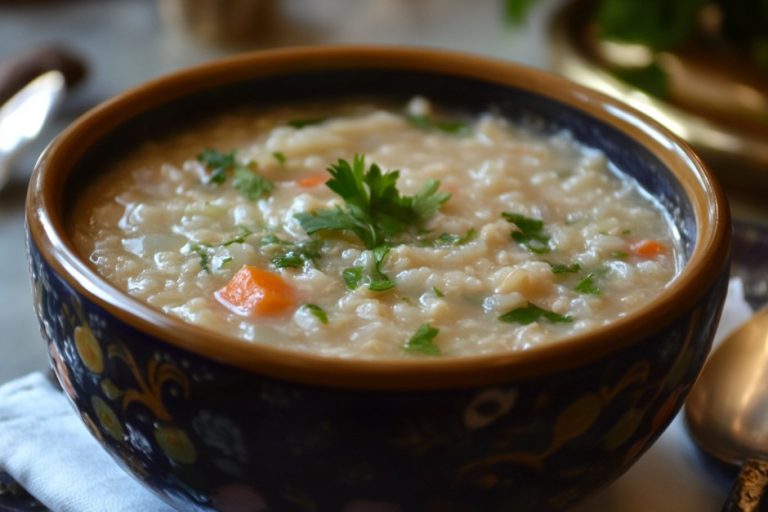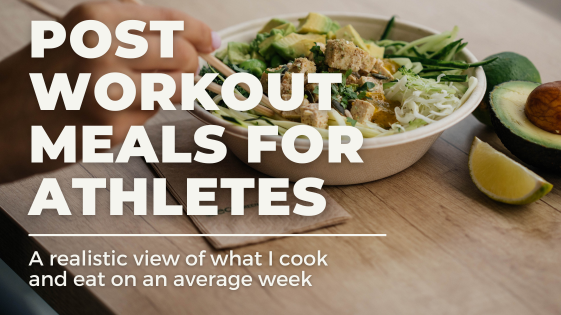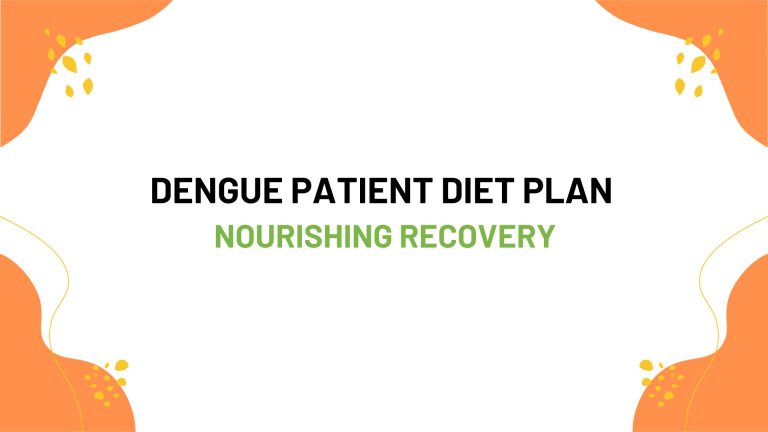Importance Of Nutrition For Kids.
The most essential consideration for good health in the body and mind of kids is nutrition. It cannot be overemphasized how vital good nutrition is for kids.
Every rupee that is spent on nutrition during the first 1,000 days of a child’s life in a country can be provided with up to Rs 100,000 in future earnings. The returns on investments that are made in nutrition have high benefit-cost ratios.
There are typically stunted growth patterns by the age of three in kids who are undernourished during the first 1,000 days of their lives. By the time these kids are three they generally have poorer cognitive skills than their well-nourished peers. When these kids become adults they are less educated, earn lower wages, and experience more health problems throughout their lives.
Good nutrition in childhood produces people who can contribute more and help to enhance economic growth. Throughout an adult’s working life we can anticipate that one rupee which is spent on early childhood nutrition will benefit low- and middle-income countries.
Nutrition has always been an important development indicator. Healthy growth and development of kids is possible with good nutrition. Inadequate nutrition is a primary contributing factor to child mortality. Good nutrition is also vital for good cognitive development and therefore educational success. Both of these are important determinants of labor productivity and hence economic growth.
If stunting can be lowered with better early nutrition we can improve the quality of life not only for individuals but also for nations as a whole.
Enjoy a variety of nutritious foods from all the food groups to eat healthy and stay happy. The 5 food groups on a plate, in the proportion that you should be eating them throughout your day. If you eat a variety of foods from each of these groups, your body will receive all the nutrients and vitamins it needs to function.
The five food groups are:
- Dairy: the foods in this group are excellent sources of calcium, which is important for strong, healthy bones.
- Fruit: Vitamins, minerals, dietary fiber, and many phytonutrients (nutrients naturally present in plants) are contained in the fruits and
help your body stay healthy. - Grain Foods: Always choose wholegrain and/or high-fiber varieties of bread, cereals, rice, pasta, noodles, etc. Refined
grain products (such as cakes or biscuits) can be high in added sugar, fat, and sodium Lean meats and poultry, fish. - Eggs, Tofu, Nuts, and Seeds: Our body uses the protein we eat to make specialized chemicals such as
hemoglobin and adrenalin. Protein also builds, maintains, and repairs the tissues in our body. Muscles and
organs (such as your heart) are made of protein. - Vegetables, Legumes, and Beans: vegetables should make up a large part of your daily food intake and should be encouraged at every meal (including snack times). They provide vitamins, minerals, and dietary fiber.
A prioritization of good nutrition for kids is therefore a good investment for the present and the future of kids and their countries. While the above article guides you to eating healthier, there is no substitute for customized professional advice given by a qualified nutritionist. We urge you to speak to your personal dietician or if you need help, contact a nutritionist in Ahmedabad at Qua Nutrition.
You can contact us at 9743430000 or log on to QUA Nutrition to Contact Us.









